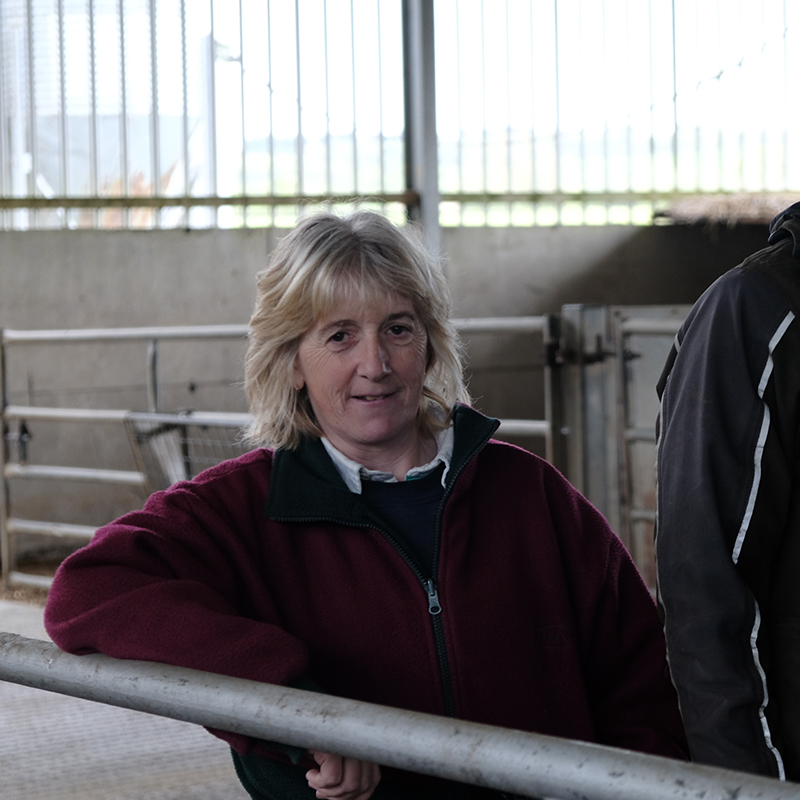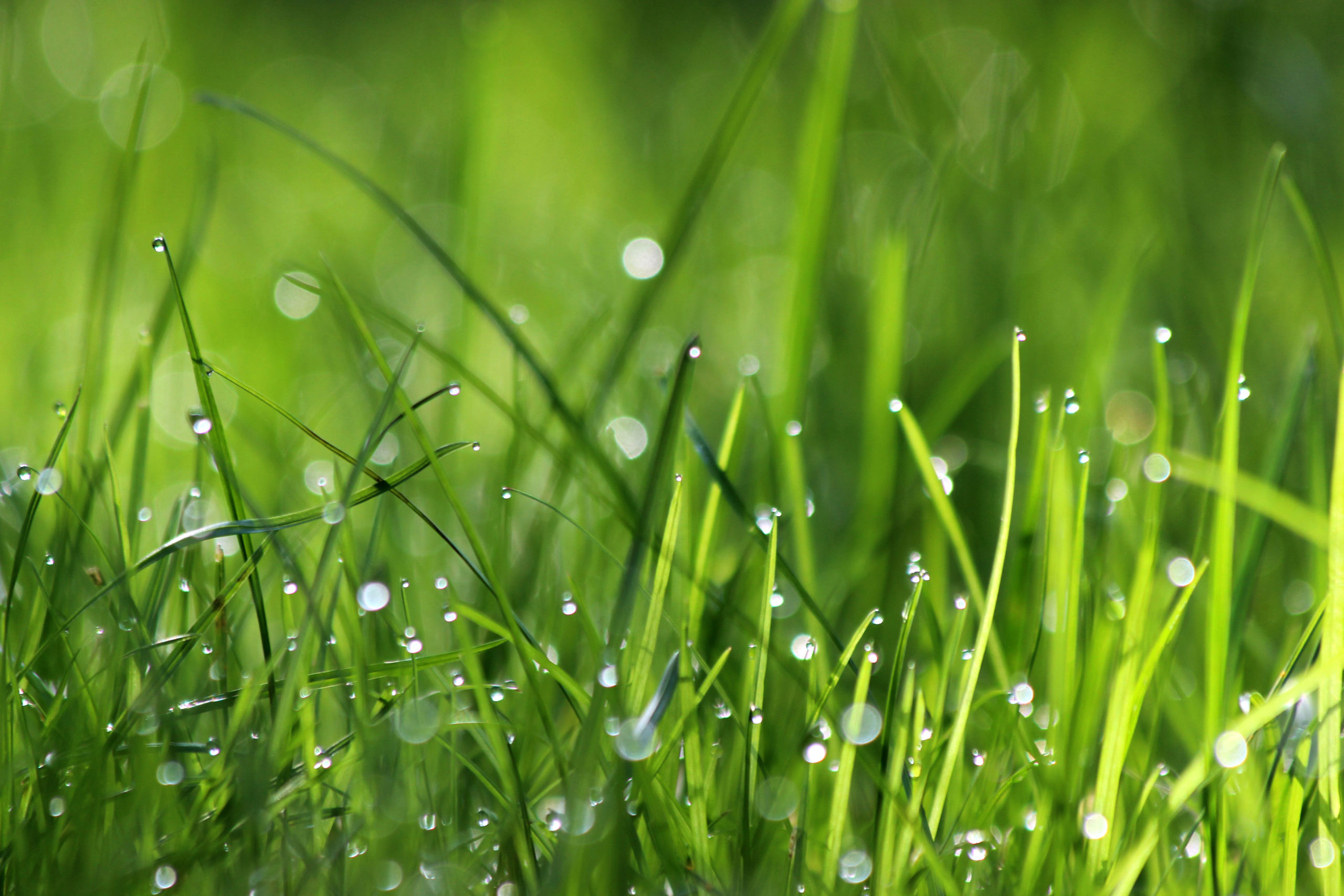For a clue how Sarah Whiting became 2015 Blade Farming Rearer of the Year, she cleans calf jackets on a 60°C wash using Persil and fabric conditioner, such is the importance of good health and welfare.
Her connection with Blade at Fursdon Farm, Liskeard, Cornwall, began 10 years earlier. Today, she rears just over 800 calves a year in two purpose-built sheds. Before construction, she consulted the farm’s vet about design and opted for a steep pitch, insulated roof with vented ridge, and perforated metal cladding rather than Yorkshire boarding. Inside at the back of each pen, there is a cosy covered area where most calves choose to lie down.
Sarah says that most first-time visitors – of which there’ve been many over the past 16 years – notice how fresh and airy the sheds are. “This really helps reduce respiratory diseases,” she says.
The award was actually based wholly on having the highest Key Performance Indicators over the previous year. Calves are reared is groups of 30 throughout their 12 to 14 weeks stay. A six-week milk phase uses machine feeders with electronic identification that tracks every calf individually. On arrival, Sarah spends time teaching them how to use the milk machine, programmed to give three feeds a day.
If a calf is not drinking enough, feeding too slowly or for too short a time, the machine issues an alert so that poorly individuals can be examined and treated. Calves are allowed access to the machine teats even when milk is unavailable to minimise calf-to-calf naval sucking and stress. Over the six weeks, they consume about 19kg/head of powdered milk. For rumen development, a 16% protein dry feed and barley straw are available ad lib.
Weaning is done gradually over a two-week period. About a week after weaning, calves move into a rearing shed in the same groups of 30 to minimise stress.
As a Blade rearer, Sarah was convinced long ago of the value derived from calves getting a standard set of health and welfare protection measures. This includes vaccination against respiratory disease, ringworm and coccidiosis, and treatments for fly control and external parasites. Eliminating the waste caused by ill health also makes a significant contribution to sustainability and minimising a unit’s carbon footprint.
At a minimum of 120kg liveweight, calves are pre-movement TB tested and moved to Blade Farming finisher units elsewhere in the south west. Then, with a pressure wash and disinfection, a new production cycle begins with exactly the same care as she devotes to those calf jackets.
Why Blade Farming?
Based on 15 years with Blade, Sarah Whiting says three huge advantages for her and fellow rearers stand out:
1. The bed-and-breakfast basis reduces working capital markedly. Rearers provide buildings, labour, straw, electricity and water. Blade Farming supplies calves, feed, veterinary support and medicines.
2. Continuous improvement to the system over 20 years to date, meaning rearers trust that everything they are required to do is justified and effective.
3. Blade Farming people are available whenever needed. They strike a balance between being non-intrusive yet supportive and ever ready.


